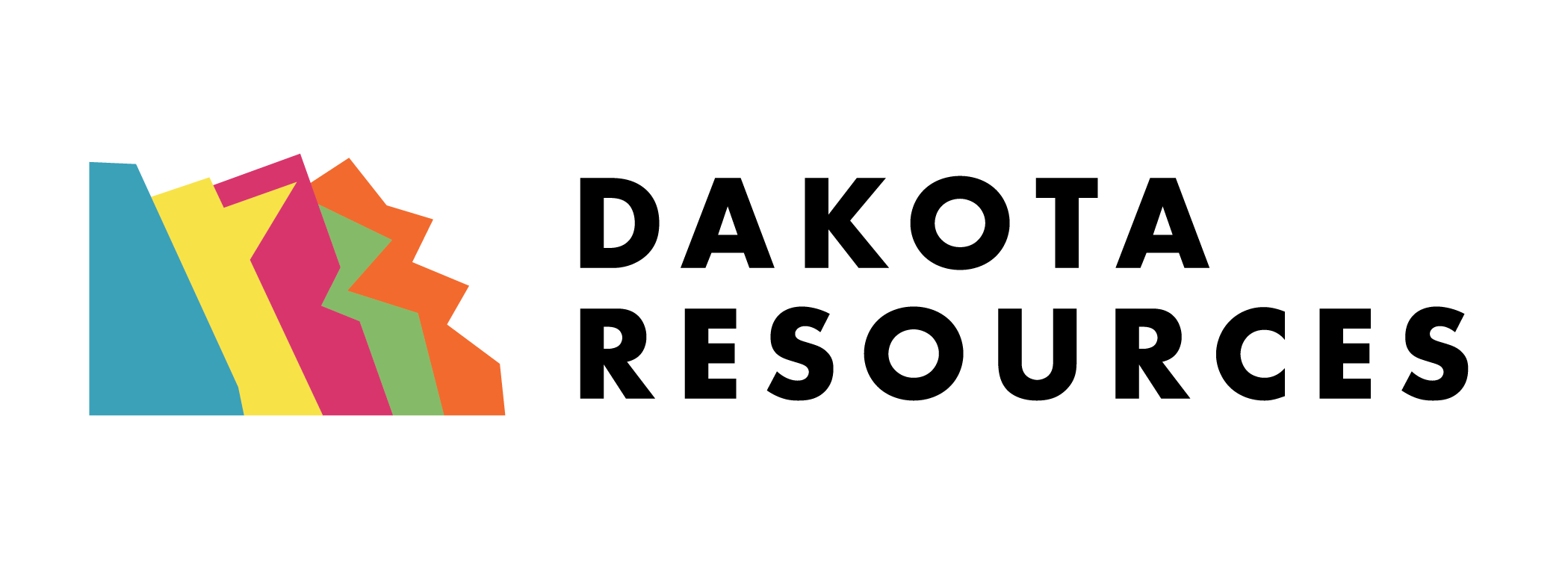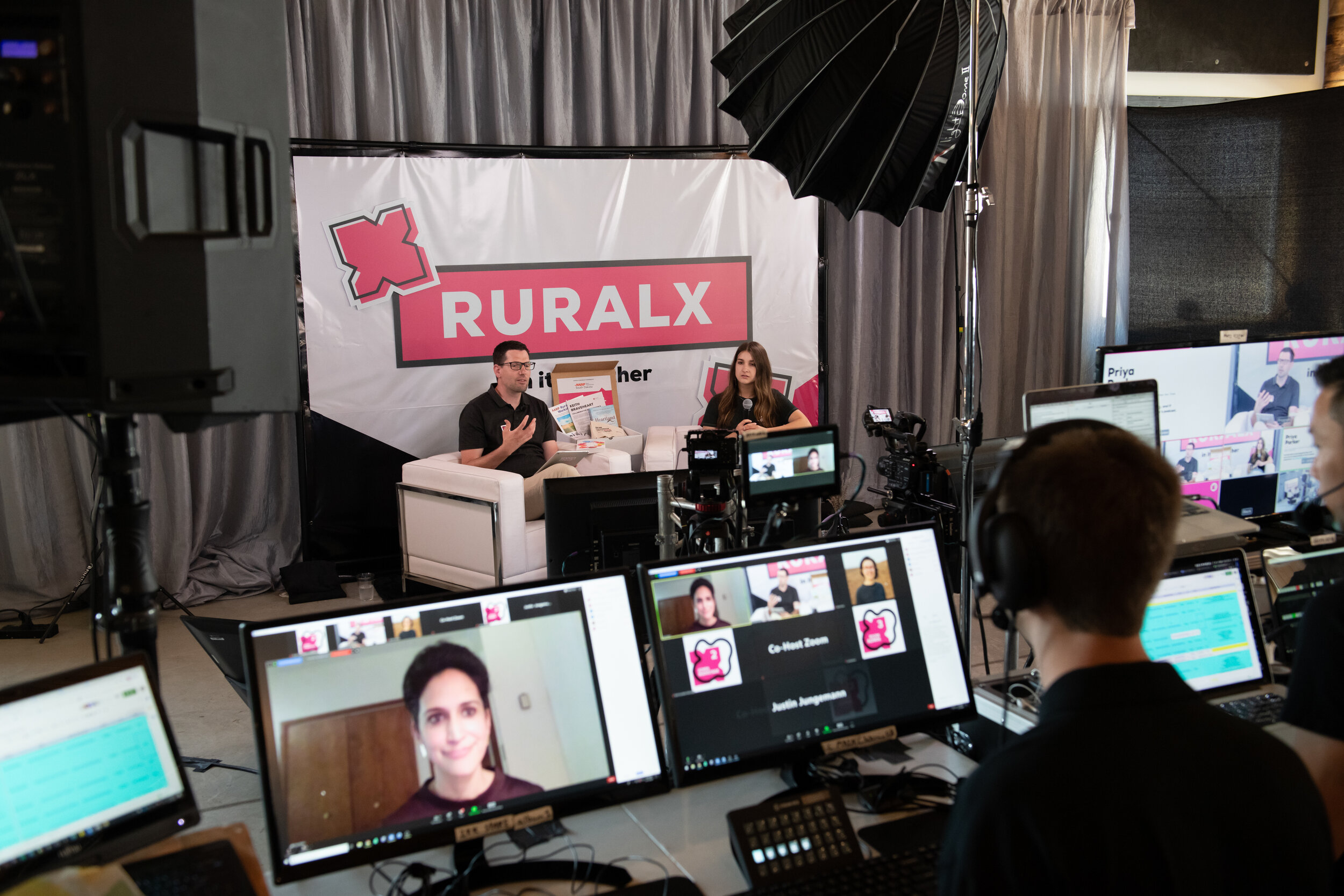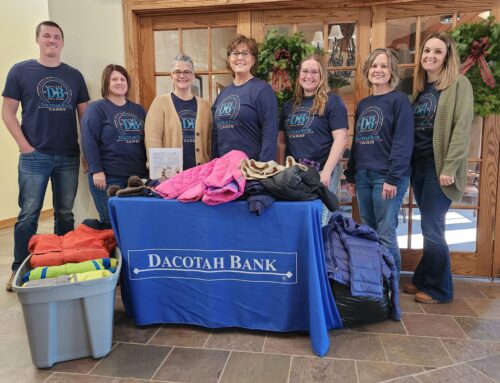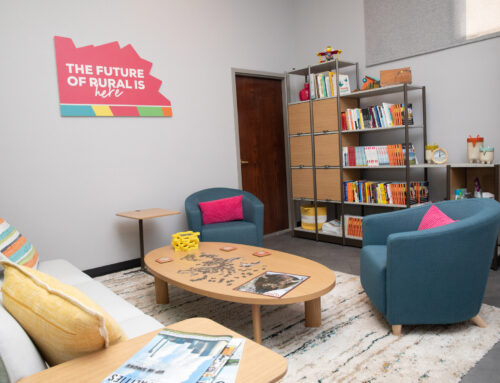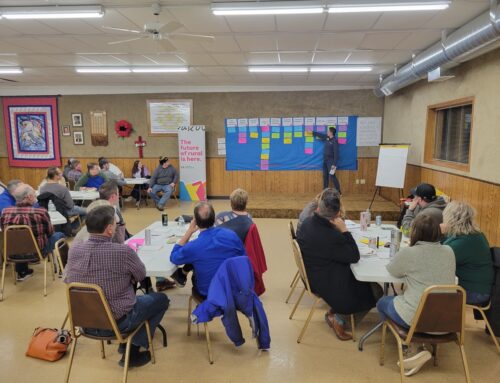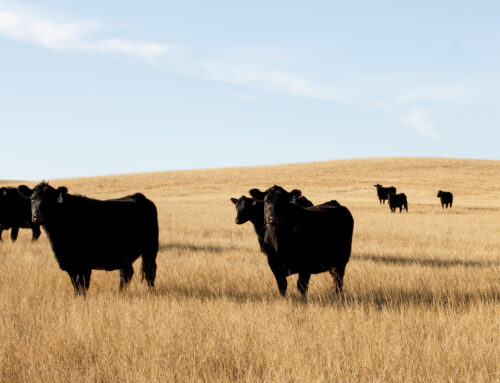RuralX 2020: In Your Words
By: Andrea Schmidt
RuralX made a big impact in small communities around the U.S. With the pandemic, it was necessarily virtual, which turned out to be a very positive experience. People were impressed with how smoothly things went, and we thank Pinnacle Productions again for their work in making it a success.
Of course, the real success comes from our attendees. Recently, several of them told Dakota Resources about their takeaways, their favorite moments, and their future plans.
Introducing our Interviewees
Deb Brown: Co-founder of SaveYour.Town and former chamber of commerce director from Webster City, Iowa.
Becky McCray: Co-founder of SaveYour.Town and Founder and Publisher of SmallBizSurvival.com from Hopeton, Oklahoma.
Deb and Becky have attended every RuralX and were featured speakers at previous RuralX events.
Kelsea Sutton: In-house attorney for First Fidelity Bank, Gregory County Commissioner, and President of Burke Development Corporation from Burke, South Dakota.
Jill Heisterkamp: Executive Director of Calhoun County Economic Development Corporation from Rockwell City, Iowa.
Terry Slagel: Owner of Fall River Fibers and Ace Hardware, a retired educator, founding board member of the Chautauqua Craftsmen and Artisans of the Black Hills. She is from Hot Springs, South Dakota.
Let’s start with why you decided to attend RuralX. What brought you here?
Kelsea Sutton: It’s been on my radar for three years. I wanted to attend before because economic development is my side volunteer gig, so it’s easy to put off getting time off work to go to the conference.
Jill Heisterkamp: I was interested in it the last couple of years. I missed the first year and it never worked schedule-wise for me to get it in. We didn’t know for sure about the content. Was it more about economic development, was it more community based, what would we get from it? So, with it being virtual it was a lower cost with no gas money or hotel. It was a good chance to test it out.
Behind the scenes at RuralX 2020. Photo credit to Lisa Aust Photography.
Becky McCray: RuralX has been going on since 2016. Deb and I spoke in person at the first one, we came in remote on the second one, on the third one we were back in person, and this one everyone was remote, so we were trendsetters years back when we streamed in. Of all of the rural related groups that we encounter nationwide and even globally, Dakota Resources has one of the best approaches to rural – the most like we see the rural world, which is full of possibilities and full of hope. Every one of us has the ability to make a difference.
Tell me why you think rural communities and economic development are important?
Becky McCray: Rural communities are important for at least five reasons.
-
Agriculture and food production happens in rural areas predominantly.
-
The development and production of natural resources – our mineral production, all of our mining, all of our timber, all of our water, all of our clean air – all those natural resources are found in the big open, empty spaces where we have small towns.
-
Recreation, where we have the enjoyment of those natural resources. We all want to have protected areas where we can go and enjoy the natural world. And so, we’ll need rural people to help provide those services and to offer the conservation of those natural areas so we can enjoy them.
-
Rural grows strong people.
-
Rural areas are the perfect testing ground for the future. Think of the development of drones that are pilotless, or the development of driverless cars. These are things that are happening primarily in rural areas and small towns as a beginning point because they need the simpler interaction of the rural environment before they can be tested and work in city environments.
Jill Heisterkamp: I think rural has been forgotten for so long that I believe it’s going to have its time in the spotlight before too long, especially with everything that’s going on with the pandemic. I know there’s a lot of people locally who are working remotely full time now. I think there’s a lot of people realizing that there’s a lot more opportunity in rural areas than they think. Now we’re focusing on getting quality broadband here, and a lot of our towns are trying to step up. My philosophy, in general, is that if you want something you’ve gotta work hard for it. People in rural areas know how to do that more than in urban areas.
Kelsea Sutton: It’s home, and that is really compelling to us. But I think rural communities have things other places don’t. They have land bases, they have energy, they have agriculture in a way that is not necessarily possible in other places, so we’re essential. Those industries need vital, thriving communities to be a part of. My husband and I and our families have the perspective that our small schools were really great for us, that we really succeeded in them and that other kids really succeed in them with lower student:teacher ratios. You learn leadership skills and other skills that are easier to develop when you’re in a smaller setting than they maybe are in a much larger community.
What was your biggest takeaway from RuralX?
Terry Slagel: One of the big takeaways was how important it would be to have multiple players from our community from different organizations attending, and then having the plan to go back and dialogue about how to work together. We get so factioned and fractured that all these individual groups are just so focused on their own piece of the pie that we are not working together.
Jill Heisterkamp: Knowing that I’m not alone out there dealing with these issues and hurdles that I deal with being a one-person shop, and there were a lot of similar people when we were doing introductions. I loved the virtual happy hour when they had little groups and then changed it up here and there. That was one of the only virtual conferences I’ve been to that did that. And that is the best part of any conference, hands down. That’s one of the main reasons I go to conferences. I look at the agenda and as long as there are one or two things that I can justify going and spending the money, but a lot of it is just talking to my peers. It’s the “after the presentation talk,” or the “over the drinks” part, I can get into the nitty-gritty. What worked. What are the pitfalls? That really expanded with RuralX because of the different demographics, different people from different states, and what we all had in common was kind of cool.
Kelsea Sutton: The keynote, Priya Parker, was probably the biggest takeaway, and the ways to create gathering spaces that are meaningful and community building.
Deb Brown: It’s the networking of people. Everyone that comes has a decent story to tell or a decent question to ask, and you see the answers and stories going back and forth. For me, that’s really important. But also, it gives rural people the opportunity to see how much they really do matter and how the work they’re doing is so very important and so very valid. They’re not used to that. They’re used to big city folk coming in and laying over a plan of their town and leaving. You don’t get that with RuralX. You get that real human interaction that’s so necessary.
Becky McCray: One thing that I get from it is just a better sense of what rural people are talking about right this moment. Their challenges, their assets, the things they’re excited about. Hearing people’s own words and own concerns, to make sure that we are on the right track with everything we do. It’s also really exciting to see other people who share our perspective – that every single person can make a difference in their rural community, and doesn’t have the traditional, old-school mindset that we see in so many other places. That modern outlook of empowering individuals instead of focusing on old-line structures and organizations and overhead and red tape and bureaucracy.
NOTE: Many of our interviewees talked about the importance of keynote speakers Priya Parker and Sarah Smarsh, as well as the collaborative art project led by artist Keith Braveheart, as well as the music and poetry of Thomas X.
Why do you recommend attending RuralX?
Kelsea Sutton: Dakota Resources in general and RuralX in particular is absolutely the most progressive thinking you can do on a big picture level and a more micro level about rural economic development and about community building. It is to me exactly where those things should be going and exactly the kind of thinking we should be doing. It sees economic development as so much more than jobs created, sales tax increase, that kind of structured data. It sees it as community building It does take into acc
ount things like sustainability and equality and equity and socioeconomic factors in ways that job creation and an influx of dollars into the economy just doesn’t.
Deb Brown: First of all, they should not attend just one time. They should attend each year because it’s always different people that are leading, that are speaking, that are hosting OpenX. To see the growth in RuralX and their communities that they’re pulling in is important to see. I don’t think you have to be from South Dakota to go. It’s valuable for Midwesterners for sure. It’s that Midwest, homestyle kind of thinking.
Terry Slagel: I’d recommend it to people. It was a valuable way to spend a couple of days. There was a lot packed into it. Being able to do it with a couple of people would be beneficial, especially if you went into it with an idea of something you want to be working on so it would be a specific nugget to take away and implement so you were forced to go do something. It was nice to hear some positive, upbeat people. During the pandemic especially, it was just nice to have some positive energy instead of negativity.
Jill Heisterkamp: It was a really great conference, even the virtual aspect of it. Even if it had to be virtual again, I would attend again, though I would go in person, because that’s always better. I’ve been telling a lot of my colleagues about it. I’d love to bring more people along from my county and community who are the go-getters.
Becky McCray: It’s very easy, while you are working in your community, to feel like you are the only one who sees it this way, the only one who realizes that the center of power has shifted and you can do things now. You’re the only one who wants to try these new ideas. And when you come to RuralX, you’re in a room full of people, or a virtual room full of people, and you’re connecting and you’re realizing you’re not the only one. You are not alone. Because we are all in this together, even if we’re in different towns.
Learn more about RuralX here.
